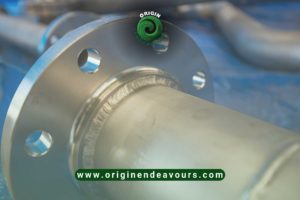
Spring Maintenance Inspections: Prepare for Peak Performance
As the weather warms up and we transition into spring, it’s the perfect time to prioritise your industrial equipment’s health. Spring maintenance inspections for storage tanks, pressure vessels, and process piping can help prevent costly downtime and ensure that your systems are operating efficiently. Regular inspections not only protect your investments but also extend the lifespan of your equipment. Let’s explore why spring is the ideal season for these critical inspections and how they can benefit your operations. Why Spring is Ideal for Maintenance Inspections After a long winter, your equipment might have been exposed to cold temperatures and harsh conditions. These factors can lead to potential issues like corrosion, leaks, or stress on materials. By scheduling spring maintenance inspections, you can catch and address small problems before they become major operational concerns. During spring, temperatures are more moderate, making it easier for inspectors to thoroughly assess storage tanks, pressure vessels, and process piping. This seasonal shift offers a perfect opportunity to prepare your equipment for the warmer months ahead, when increased demand and usage are expected. The Importance of Spring Maintenance Inspections for Storage Tanks Your storage tanks are crucial for holding liquids, gases, or other materials essential to your operations. However, they can develop wear and tear over time, especially after winter conditions. Spring maintenance inspections ensure that any signs of corrosion, leaks, or structural weaknesses are caught early. This prevents potential failures that could disrupt your business and lead to costly repairs. By inspecting your storage tanks


